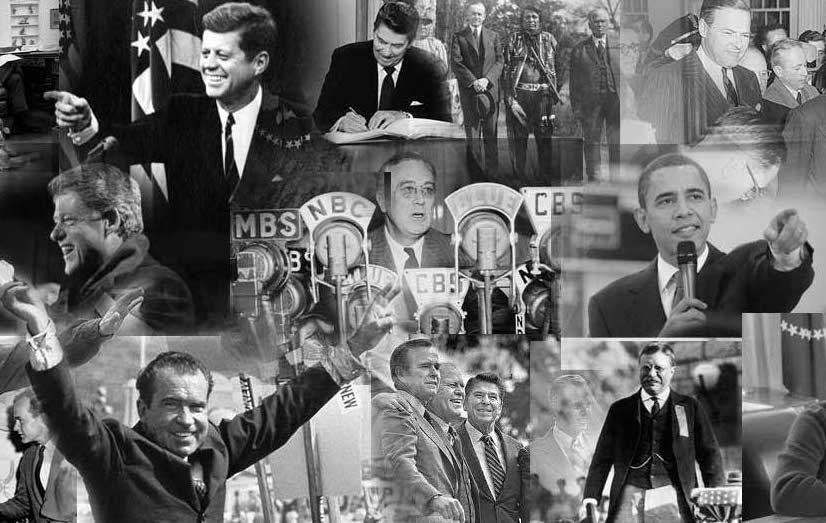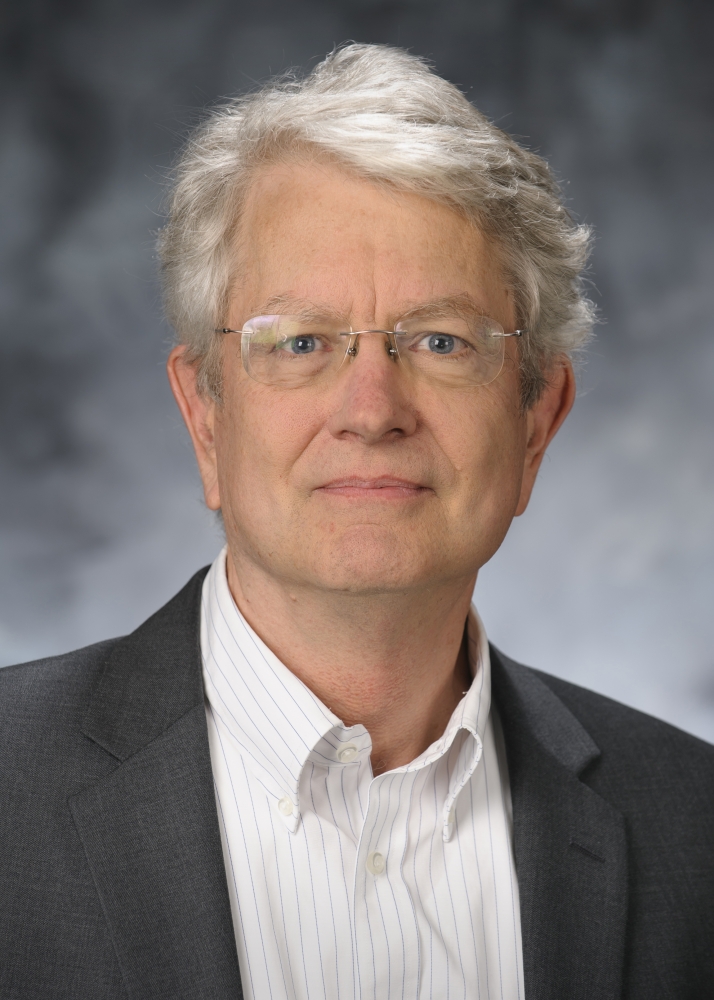
'The Keepers of Presidential History'

With 300,000 visitors from around the world each month, the American Presidency Project (APP) has come a long way since its inception as a class resource for a few hundred political science undergraduate students at UC Santa Barbara.
Now, to better serve the media professionals, history buffs and curious citizens who regularly access the more than 125,000 records stored on the site, the American Presidency Project has unveiled an updated look and new search capabilities.
Said John Woolley, a professor in UC Santa Barbara’s Department of Political Science, who created the site with then-graduate student Gerhard Peters (now co-director), the new layout allows visitors to search more efficiently and find documents more quickly. “The most important thing from my perspective is the search functionality of the new site,” he said, noting the more precise and specific queries the new interface, designed by UCSB production and design studio Ocean o’ Graphics, allows. “It’s a lot more user-friendly.
Search capability is essential to the mission of the project, which strives to be the premier site on the internet for people to access public presidential documents. According to Google Books, the website has been cited in publications more than 45,000 times. “We hope that making these documents easily available and searchable is the kind of service that contributes to higher quality journalism, civic engagement and scholarship,” said Woolley, adding, “we believe that it exposes some of the workings of American democracy to people around the world.”
Efforts to revamp the APP site had been in progress for a number of years. A recent generous gift from Harvey Schneider and Marilyn Lee (along with support from donors Sandy Otellini and David Adishian) enabled the vision to become a reality. “In the past year, we have gotten some significant donor contributions that we are very grateful for,” said Woolley. “This funding allowed us to update the website, to incorporate several new collections and, when necessary, to hire people with special technical skills.”
“The American Presidency Project is a one-of-a-kind online resource of the White House documents of all Presidents, from today back to George Washington,” said Lee. “As a UCSB political science alum, it gives me great pride to support the APP and know that scholars, authors, students, journalists and the general public can go to this unique website for creative searching that inspires civic engagement.”
Woolley still remembers the first time he learned the APP site had over 1,000 visitors in a single day. “I realized that this information is useful to people way beyond the class I was teaching,” he said. “At that point, things started to change and we began to re-conceptualize the purpose of the website.”
Now a free, bipartisan resource for anyone with an internet connection, the APP is used by reporters, scholars and even people working in the White House. “During the Obama years, I got an email from a White House speechwriter,” recalled Woolley. “He sent a note saying that they used our website and relied on the data and that it was great. He went on to tell me a bit about how he used it. That was a thrill.”
One advantage of hosting historical data online, Woolley points out, is that the APP can correct inaccuracies. “We want to have on our website everything you could find in a library book,” he explained. “But one way we’re an improvement over a book is that if we find there is an error or someone reports an error, we can include a note explaining that error. Sometimes we get emails saying, for example, that a city is not in the county that was reported in the original document, but in a different county. No one in the library is ever going to find that correction. In that way, we are the keepers of history.”
As he looks ahead to the future of the American Presidency Project, Woolley has ambitious plans to curate an archive of presidential tweets, to complete a collection of every 19th-century presidential speech and to grow the number of monthly visitors to the site. He said he wholeheartedly believes in its function as a living resource that can grow and change as technology evolves. Beyond just written documents, the APP hosts video clips, election maps and analyses that use pertinent data from the site.
For Woolley, it is imperative to preserve all presidential documents from each administration not only for historical value, but to learn from our shared political past. “There are a lot of presidents that I have special admiration for, but every president is a fantastic politician in some way,” he said. “They got to where they were, so there is something unique about each one. There are lessons to be learned from all of them.”



